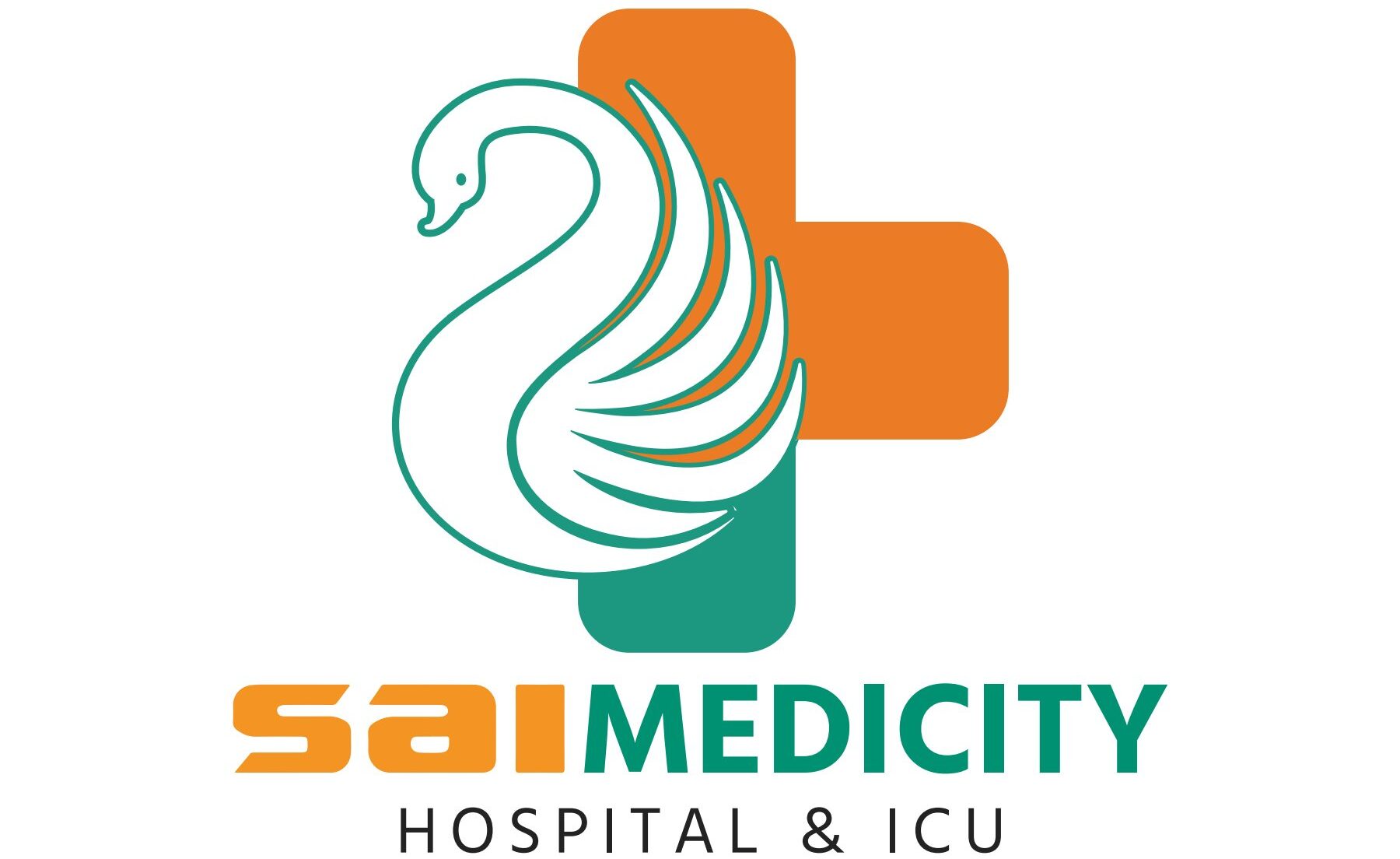Hypertension, or high blood pressure, is a common yet serious health condition that can affect your heart, arteries, and overall health. Hypertension is also called as the “silent killer,” hypertension usually shows no symptoms until it’s reached an advanced stage, making regular check-ups crucial.
What Is Hypertension?
Blood pressure (BP) is the force of blood pushing against the walls of your arteries. When this pressure remains too high for too long, it leads to hypertension. A normal blood pressure (BP) reading is usually around 120/80 mmHg. If it regularly measures at 140/80 mmHg or higher, it’s considered high. Chronic high blood pressure puts strain on your heart and blood vessels, increasing your risk of heart disease, stroke, and other complications.
Causes and Risk Factors of Hypertension
Several factors can contribute to the increase in the risk of hypertension. Common risk factors include:
- Lifestyle choices: High salt intake, excessive alcohol intake, smoking, and a sedentary lifestyle may contribute to hypertension.
- Genetics: Family history of hypertension can increase your likelihood of developing it.
- Age: Risk increases with age, especially after 40.
- Underlying health issues: Conditions like diabetes, kidney disease, and obesity often go hand in hand with high blood pressure.
Understanding your risks is the first step to prevention and management.
Warning Signs and Symptoms
Most people with high blood pressure don’t experience symptoms, which is why it’s often detected only during a medical examination. However, if hypertension reaches a severe level, some warning signs may include:
- Severe headaches
- Shortness of breath
- Chest pain
- Vision problems
- Irregular heartbeat
- Nosebleeds
If you experience any of the above symtoms, it’s important to consult a specialist immediately.
The Health Risks of Uncontrolled Hypertension
Leaving hypertension untreated can lead to serious complications, including:
- Heart Disease: Uncontrolled high BP can increases your risk of heart attacks and heart failure.
- Stroke: Hypertension can damage the arteries in the brain, leading to strokes.
- Kidney Damage: High blood pressure can harm kidney function, potentially leading to kidney failure.
- Vision Loss: High blood pressure can cause damage to the blood vessels in the eyes.
- Aneurysms: Weakening of the blood vessels can result in dangerous aneurysms.
How to Manage and Lower Blood Pressure
Managing high blood pressure involves making healthy lifestyle choices, which can help reduce your risk and maintain good heart health. Here are some practical steps:
- Healthy Eating: Incorporate a diet rich in fruits, vegetables, and whole grains. Reducing salt intake is also key.
- Regular Exercise: Aim for 30 minutes of exercise most days of the week, which can help keep blood pressure in check.
- Limit Alcohol and Quit Smoking: Reducing alcohol intake and stopping smoking are essential.
- Reduce Stress: Activities like meditation, yoga, and hobbies can reduce stress, which impacts blood pressure.
Take Action for Your Health
Hypertension doesn’t have to dictate your life. With regular check-ups, lifestyle adjustments, and, if needed, medications, you can manage blood pressure effectively. Always consult your healthcare provider to discuss a treatment plan that works best for you.
Take the first step towards a healthier life. Schedule a blood pressure screening and consultation today!

